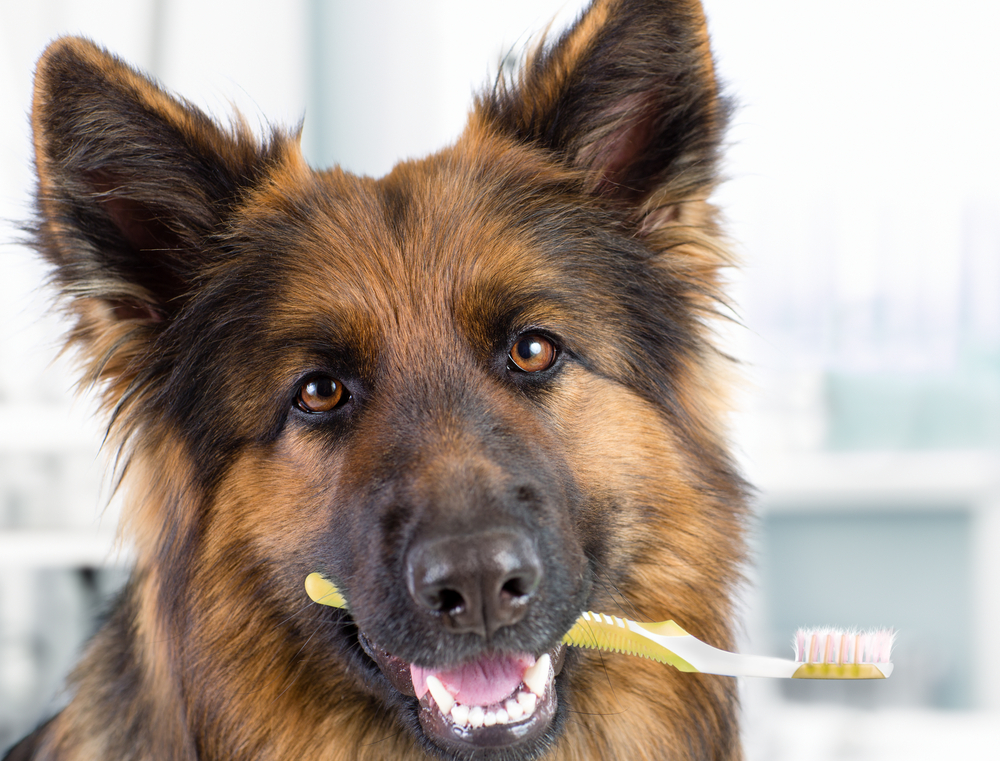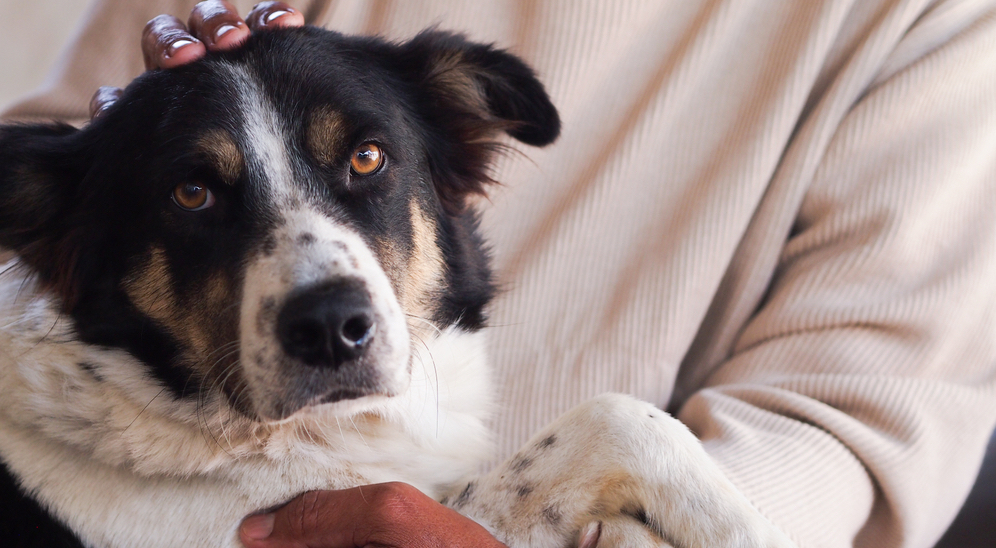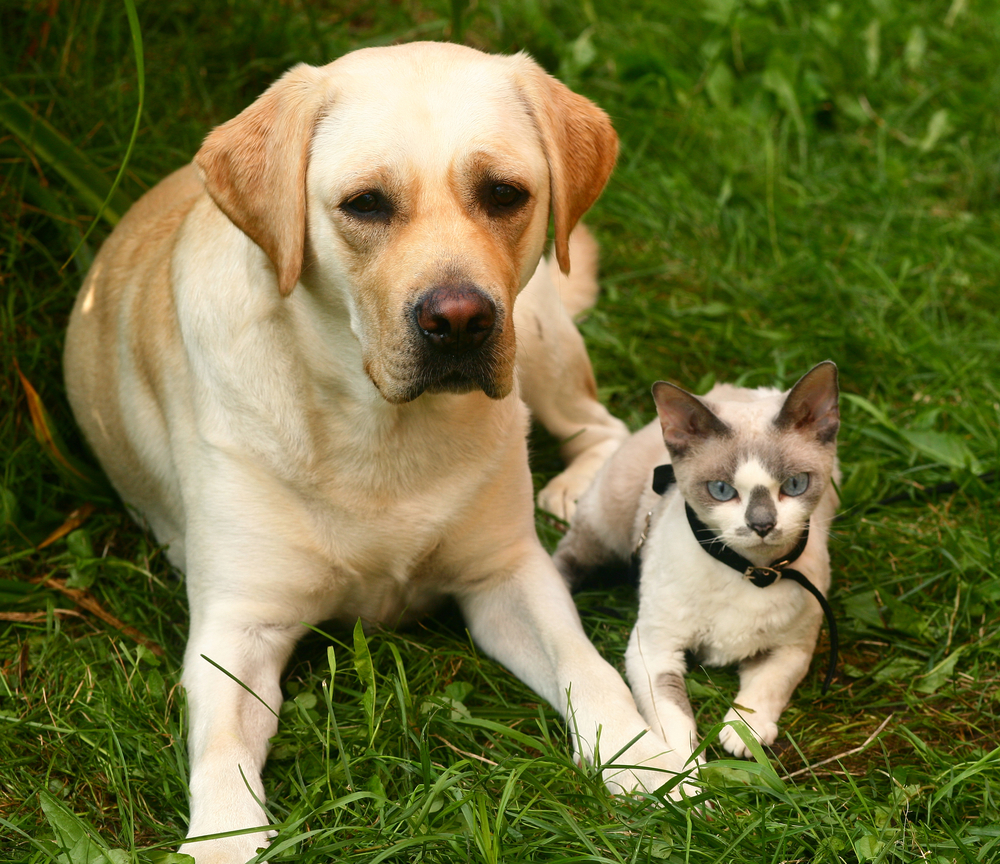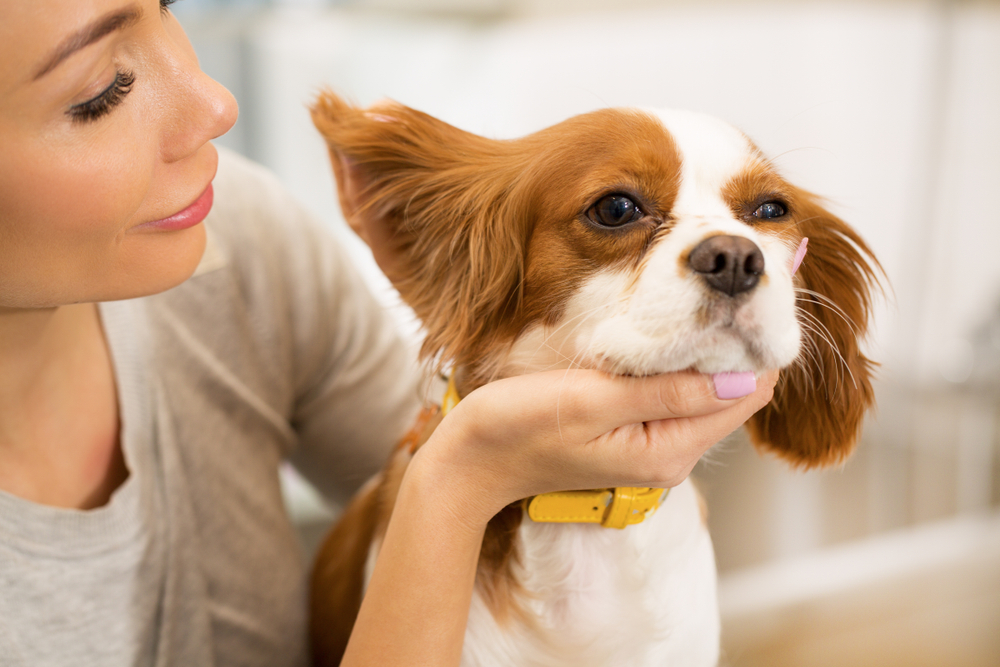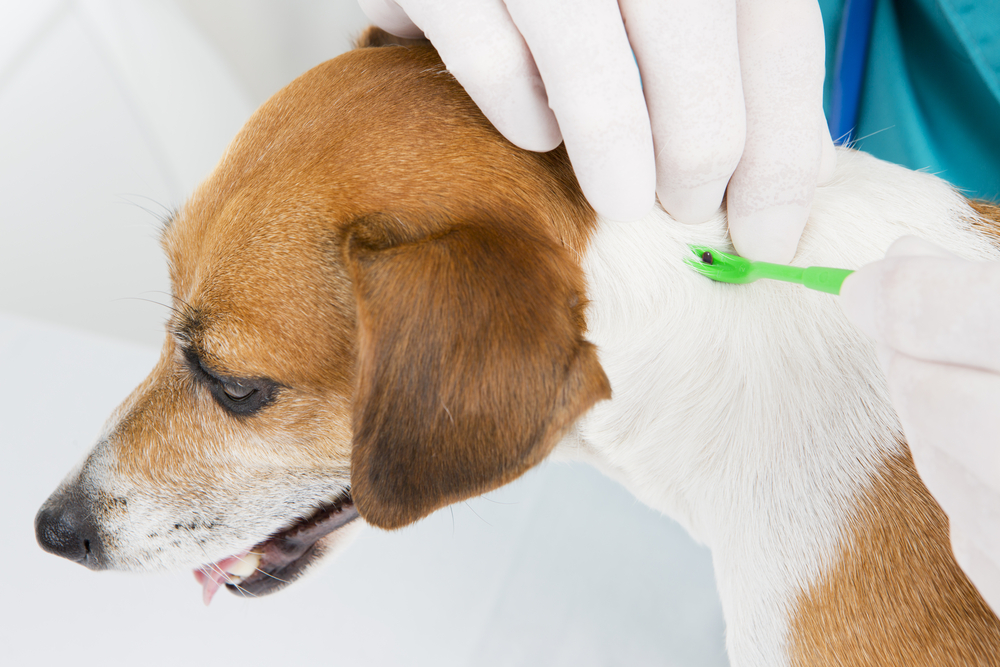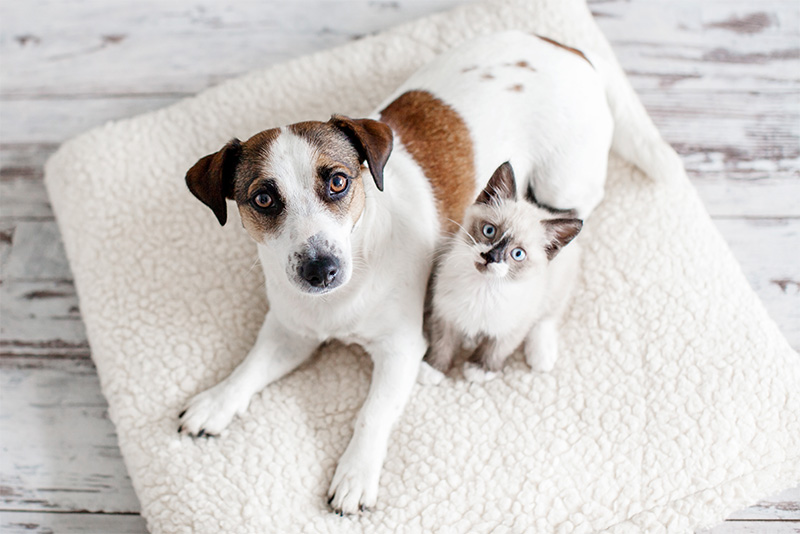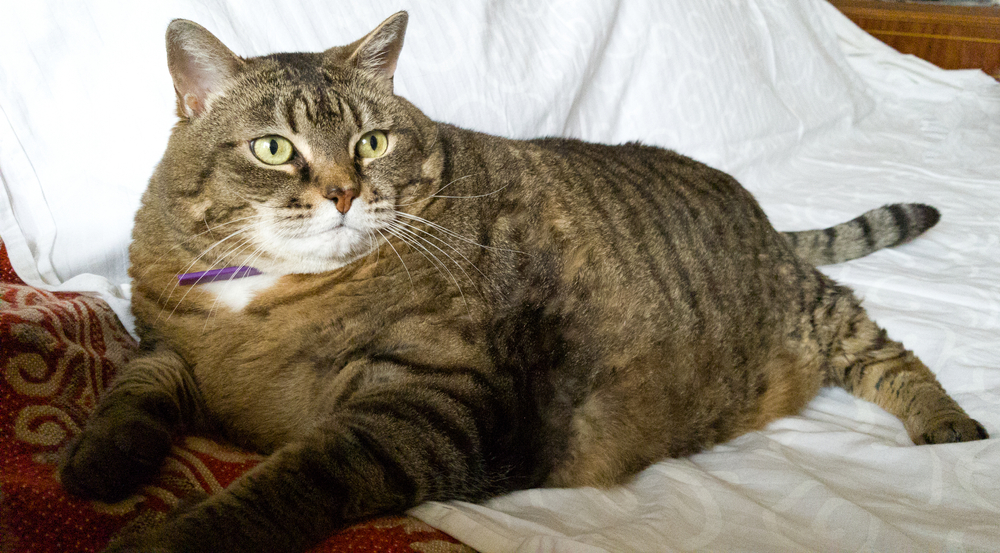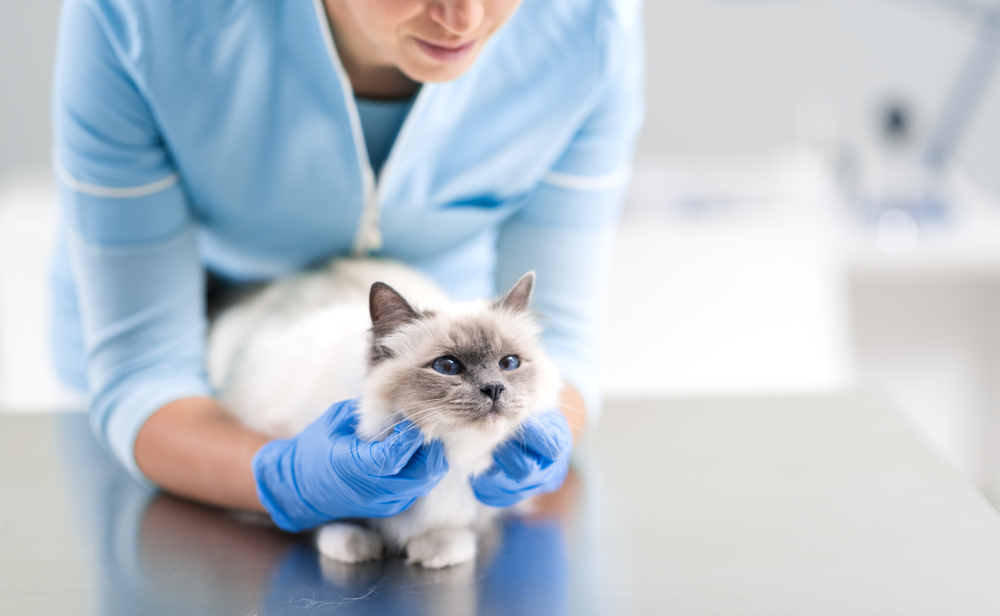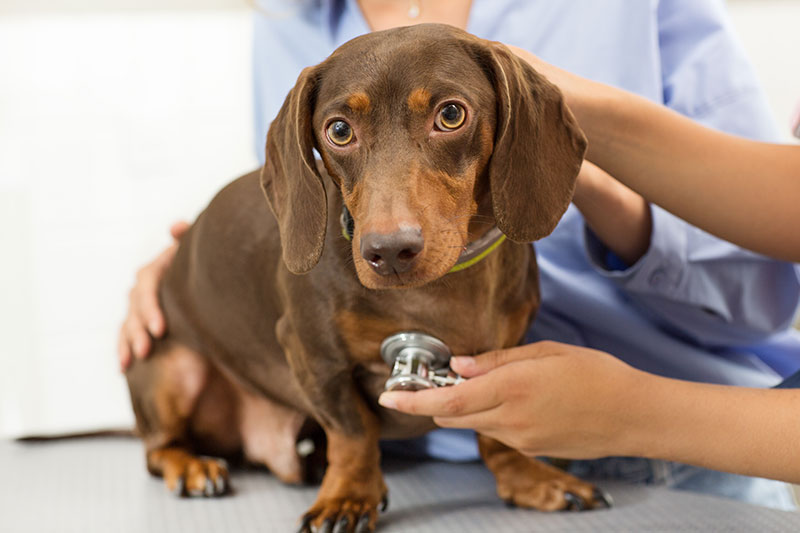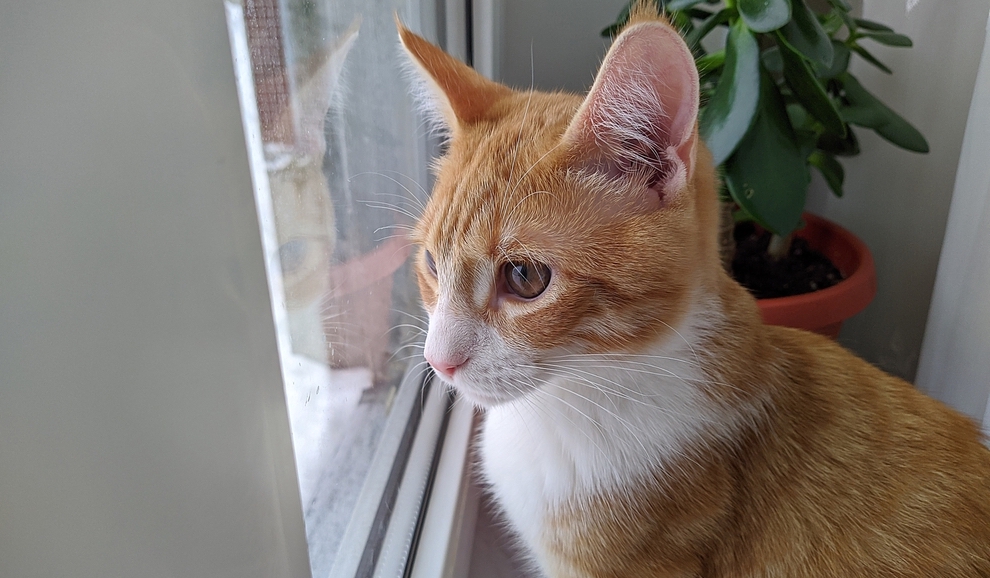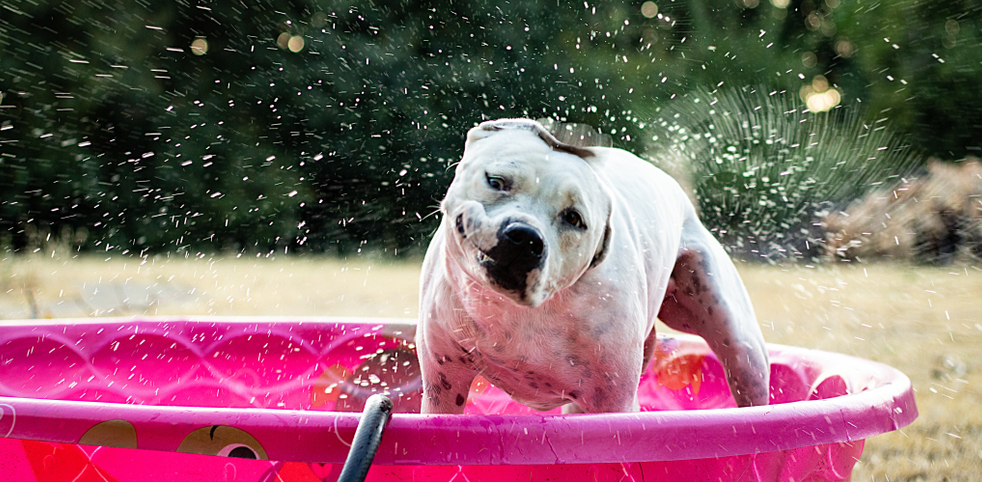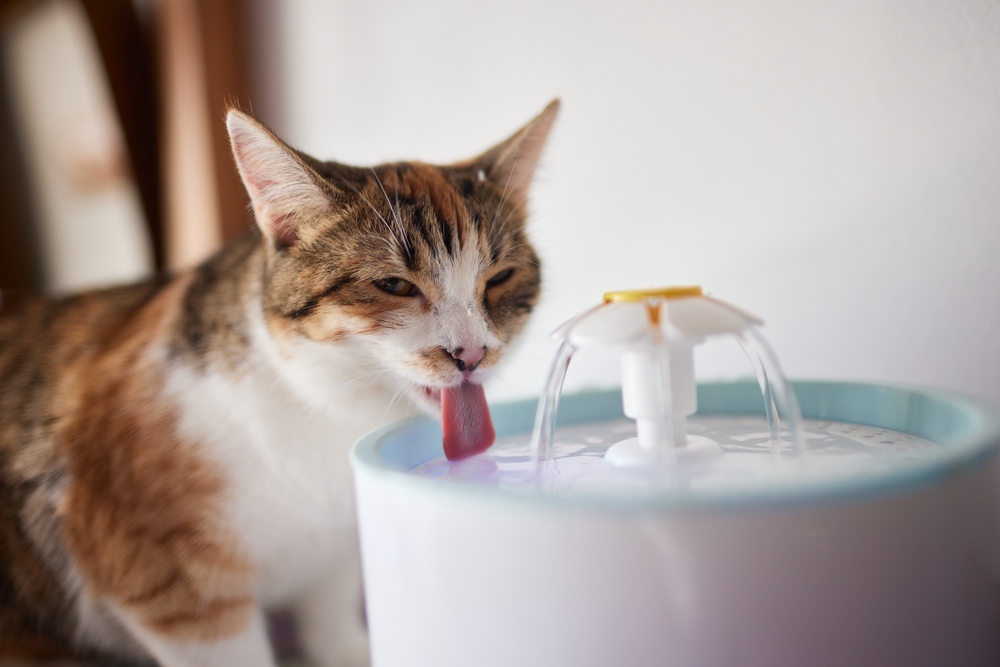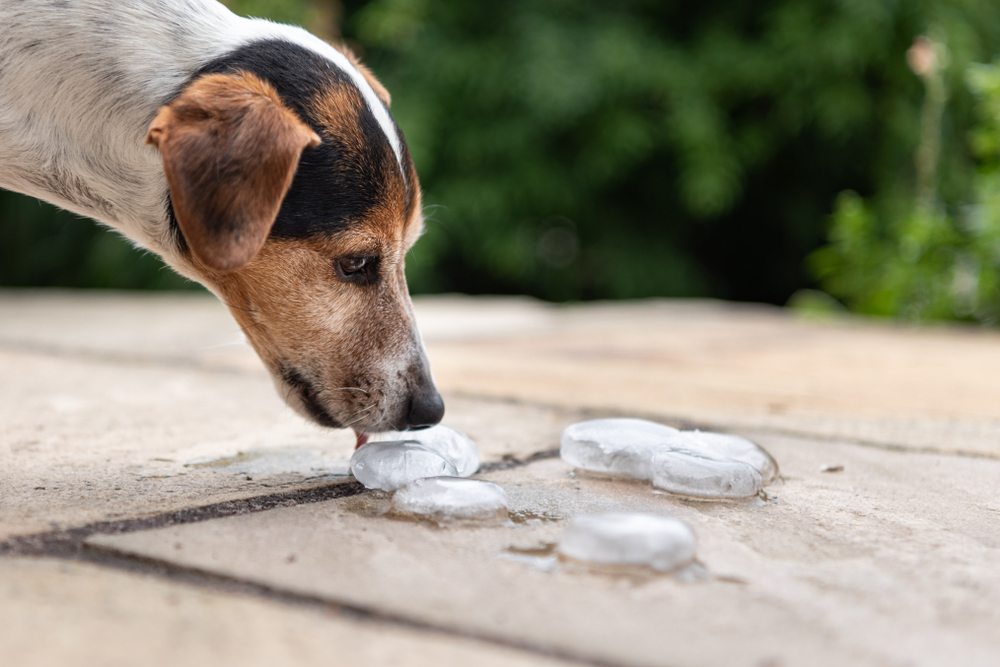The Healing Light: Exploring Pet Laser Therapy with Desert Paws Mobile Veterinary Care
As pet parents, we do everything we can to keep our furry family members happy, healthy, and comfortable. Whether it’s extra treats, cozy beds, or regular checkups, we treat them like the beloved companions they are. And just like human medicine, veterinary care has evolved dramatically over the years—bringing new, innovative therapies that help our pets live longer and more comfortably. One of the most exciting advancements? Laser therapy.
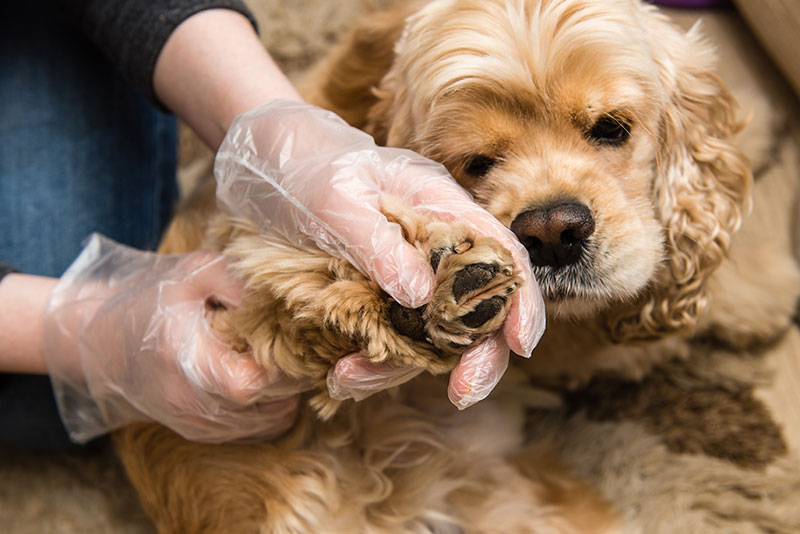
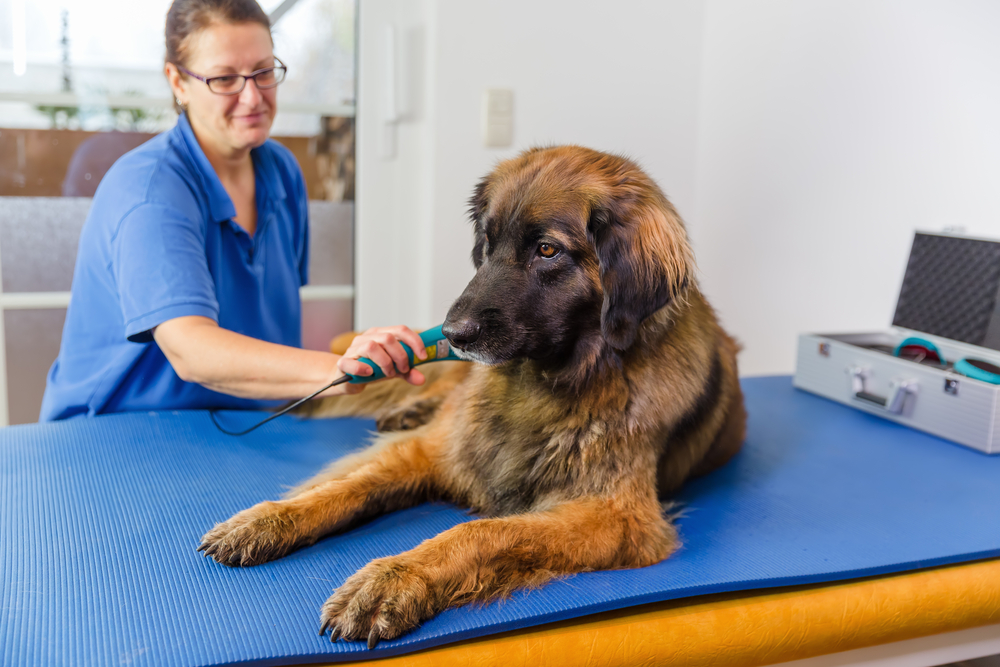
The Evolution of Veterinary Medicine
The last few decades have seen incredible progress in veterinary science. Today’s pets benefit from diagnostic tools and treatments once only available to humans—digital imaging, advanced surgical techniques, rehabilitation, and holistic care options. Among these innovations, therapeutic laser treatment has emerged as a gentle, non-invasive way to manage pain, reduce inflammation, and accelerate healing.
At Desert Paws Mobile Veterinary Care, we’re proud to bring these cutting-edge options directly to your doorstep in Tucson, AZ.
What Is Pet Laser Therapy?
Laser therapy uses specific wavelengths of light to stimulate cell regeneration and increase blood circulation. This process, known as photobiomodulation, enhances the body’s natural healing mechanisms. It’s completely painless—most pets find it relaxing, and many even fall asleep during their sessions!
Laser therapy is safe, drug-free, and can be used alone or in combination with other treatments.
How Laser Therapy Helps Your Pet
Laser therapy is versatile and effective for a wide range of conditions, including:
This treatment is especially valuable for senior pets and those who cannot tolerate certain medications.
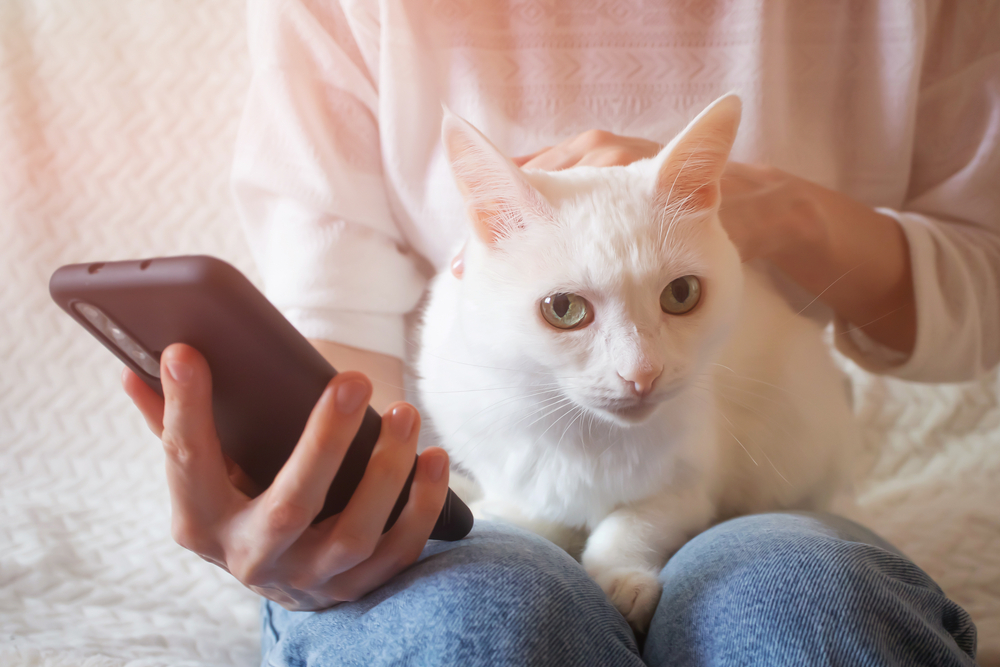
Why Choose Desert Paws For Your Pets Healthcare?
Desert Paws Mobile Veterinary Care brings modern medicine and compassionate care directly to your home. That means less stress for your pet, more convenience for you, and the same professional-quality treatment you’d expect from a top clinic.
We are dedicated to using the latest veterinary tools—like laser therapy—to improve your pet’s quality of life. Whether your dog is limping after a long walk or your cat is recovering from surgery, our mobile team is here to help them heal in the comfort of their own home.
Book a Laser Therapy Appointment for Your Pet Today!
If you’re in Tucson, AZ, and your pet could benefit from gentle, non-invasive relief, reach out to Desert Paws Mobile Veterinary Care. Let us bring advanced healing technology to your doorstep—because your pet deserves the very best.
Call now or book online to schedule your in-home laser therapy consultation.
Desert Paws Mobile Veterinary Care – We bring the vet to you!
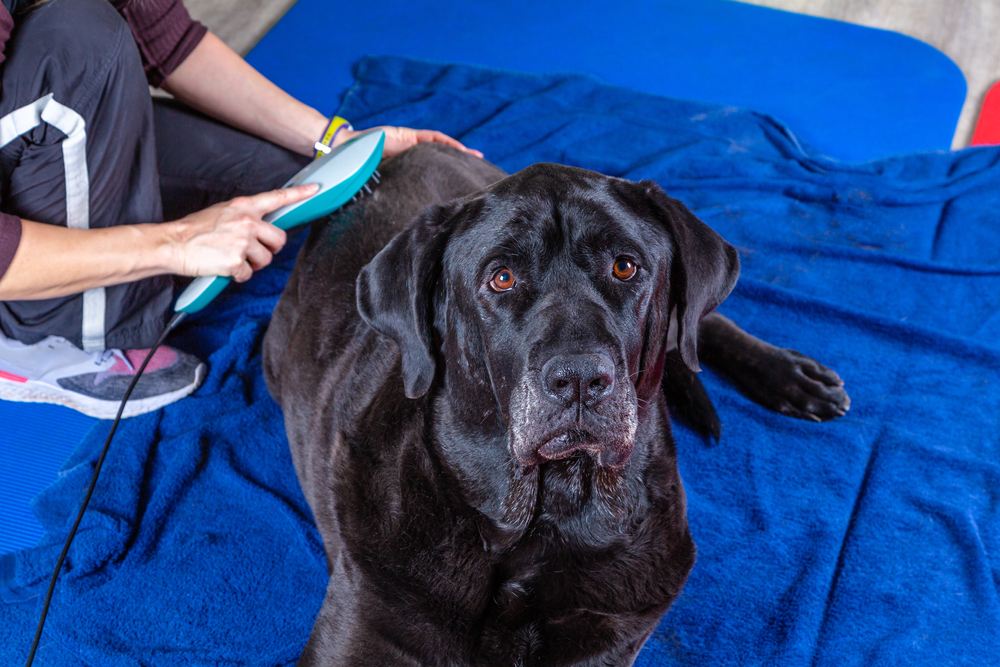



 Request Appointment
Request Appointment



